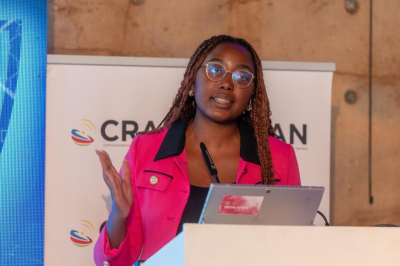In most African countries, foreign languages -French, English, Spanish, etc…- are the working languages. So, mother tongues are seldom taught. As a result, the number of children speaking or even understanding those mother tongues has shrunk and continues to shrink. In recent years, however, the government and even private actors are devising solutions to that issue. This includes Ambani.
Ambani is an edtech solution developed by a South African startup. It allows users to learn several local languages such as Sizulu, Sisixhosa, Sepedi, Setswana, Tshivenda, or Swahili by playing games or watching specific videos. The startup that launched the solution was founded, in 2018, by Mukundi Lambani and Nkulu Lambani. Based in Johannesburg, its goal is to provide interactive native language instruction to K-12 learners.
“Ambani is here to help educators find the right blend of tools, platforms, and components to fit both learners and teachers' needs,” the startup informs on its platform.
The solution has a mobile app accessible on Playstore and Appstore. Once registered, users can access the content available on the platform such as slides, videos, or even custom-made games that facilitate learning.
Ambani also offers online tutoring for children over six years old. These are individual lessons given by qualified language teachers. The courses are accessible with monthly subscriptions and learners can buy specific lessons to fill gaps in their learning if they don’t want to commit to monthly subscriptions.
The startup also uses augmented reality to make learning fun and especially experiential. "When you view the books through the app on your phone, they COME ALIVE in 3D," it says.
The Android version of its mobile app has been downloaded more than 10,000 times, according to Play Store data. In 2021, Ambani was distinguished at the MTN Business App Year Awards. It won awards for the best educational solution, best gaming solution, best South African solution, and best solution of the year. The edtech received $68,000 and plans to introduce other African languages such as Yoruba, Shona, and Xitsonga.
Adoni Conrad Quenum



















